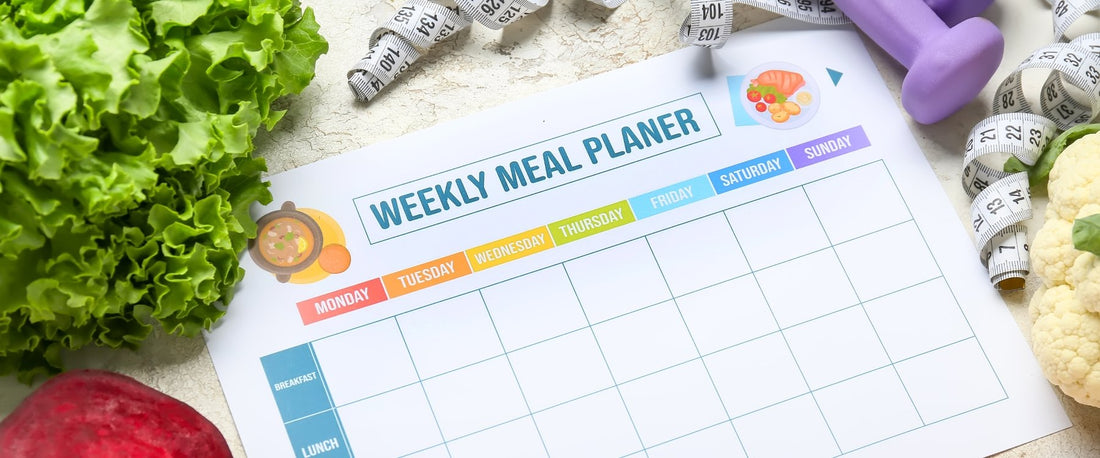When it comes to exercise and nutrition, what you eat and when you eat it can have a profound impact on your performance, recovery, and overall health. The right nutrients can fuel your workout, improve your performance, and speed up recovery, while the wrong foods or timing can hinder your efforts. This article will delve into the science of pre-workout nutrition, providing evidence-based recommendations for what to eat and when to optimize your workouts.
The Importance of Pre-Workout Nutrition
Nutrition plays a crucial role in fueling your muscles and your brain during workouts. Consuming the right nutrients before exercise ensures that your body has enough energy to perform at its best, preventing premature fatigue and enhancing endurance.
Carbohydrates are the primary fuel for exercise, especially during high-intensity workouts. Consuming carbs before exercise increases muscle glycogen stores, providing a readily available source of energy for your workout^[1^].
Protein, on the other hand, aids in muscle repair and growth and can prevent muscle protein breakdown during exercise^[2^]. Consuming protein before exercise can also increase muscle protein synthesis, promoting muscle growth and recovery^[3^].
What to Eat Before a Workout
Given the importance of carbohydrates and protein for exercise performance and recovery, a pre-workout meal or snack should contain a combination of both.
Carbohydrate sources could include whole grains such as brown rice or quinoa, fruits, and starchy vegetables. These foods provide a slow and sustained release of energy, helping to maintain blood sugar levels and prevent energy crashes during your workout.
Protein sources could include lean meats, fish, eggs, dairy products, or plant-based proteins like tofu or tempeh for those following a vegetarian or vegan diet. These foods provide essential amino acids needed for muscle protein synthesis and recovery.
A sample pre-workout meal might include a chicken breast with a side of quinoa and vegetables, or a smoothie made with fruits, spinach, and a scoop of protein powder.
Timing Your Pre-Workout Meal
The timing of your pre-workout meal is also crucial. As a general rule, you should aim to eat a meal containing carbs, protein, and some fats 2-3 hours before your workout^[4^]. This allows enough time for digestion and absorption, ensuring that the nutrients are available for use during your workout.
If you're unable to eat a full meal 2-3 hours before exercise, or prefer not to, a smaller snack consisting of easily digestible carbs and protein can be consumed 30-60 minutes before your workout^[5^].
Individual Considerations
Keep in mind that everyone is different, and what works for one person may not work for another. Factors such as individual digestion speed, type of workout, and personal preferences can all influence the optimal pre-workout nutrition strategy.
In conclusion, pre-workout nutrition is an important aspect of exercise performance and recovery. By consuming a balanced meal or snack of carbohydrates and protein before your workout, you can ensure that your body has the fuel it needs to perform at its best.
References
- Hawley JA, Leckey JJ. Carbohydrate Dependence During Prolonged, Intense Endurance Exercise. Sports Med. 2015;45(Suppl 1):5-12. doi:10.1007/s40279-015-0400-1
- Pasiakos SM, McLellan TM, Lieberman HR. The effects of protein supplements on muscle mass, strength, and aerobic and anaerobic power in healthy adults: a systematic review. Sports Med. 2015;45(1):111-131. doi:10.1007/s40279-014-0242-2
- Cribb PJ, Hayes A. Effects of supplement timing and resistance exercise on skeletal muscle hypertrophy. Med Sci Sports Exerc. 2006;38(11):1918-1925. doi:10.1249/01.mss.0000233790.08788.3e
- Kerksick CM, Arent S, Schoenfeld BJ, et al. International society of sports nutrition position stand: nutrient timing. J Int Soc Sports Nutr. 2017;14:33. doi:10.1186/s12970-017-0189-4
- Aragon AA, Schoenfeld BJ, Wildman R, Kleiner S, VanDusseldorp T, Taylor L, Earnest CP, Arciero PJ, Wilborn C, Kalman DS, Stout JR, Willoughby DS, Campbell B, Arent SM, Bannock L, Smith-Ryan AE, Antonio J. International society of sports nutrition position stand: diets and body composition. J Int Soc Sports Nutr. 2017 Jun 14;14:16. doi: 10.1186/s12970-017-0174-y. PMID: 28630601; PMCID: PMC5470183.

